The USPTO and USCO Delivered a Report to Congress on IP Issues with NFTs – Maintains Existing IP Regime
Intellectual Property Law Blog
MARCH 13, 2024
The Report looked at: i) current and future applications of non-fungible tokens (“NFTs”); ii) how intellectual property laws apply to NFTs and assets associated with NFTs; iii) intellectual property-related challenges arising from the use of NFTs; and iv) potential ways to use NFTs to secure and manage intellectual property rights.

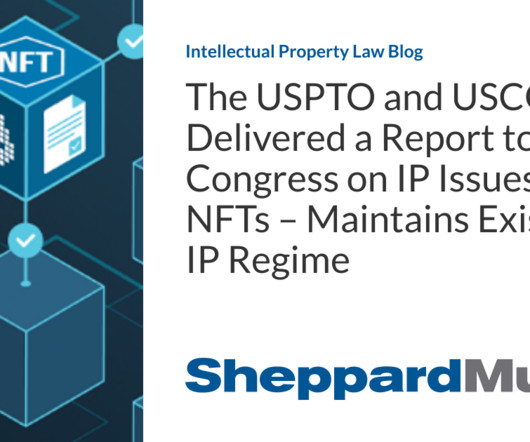

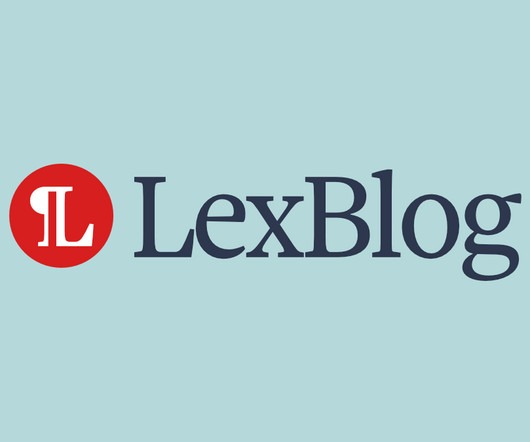
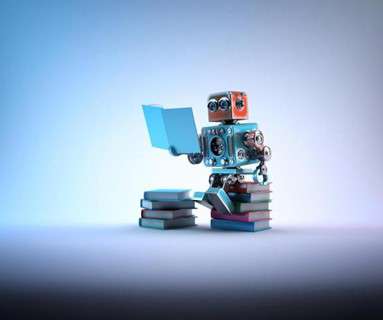
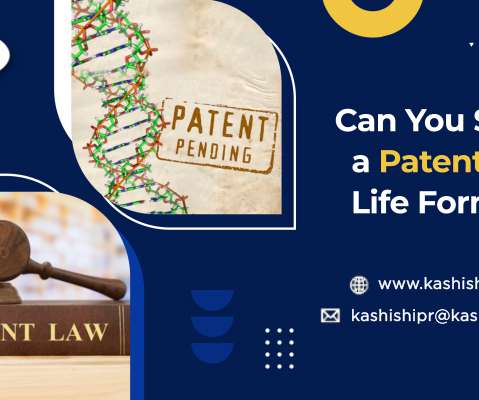

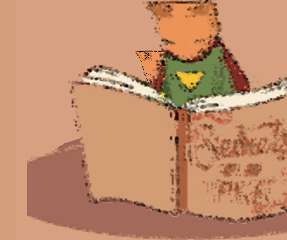
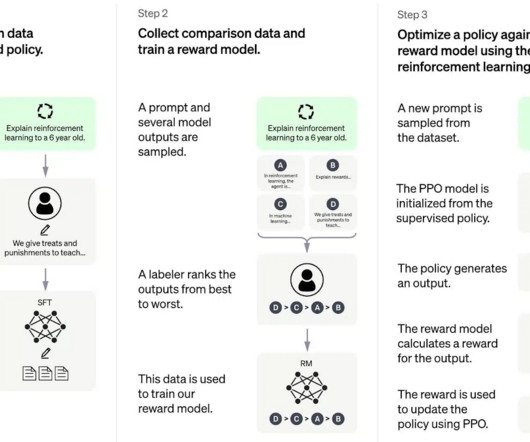






Let's personalize your content